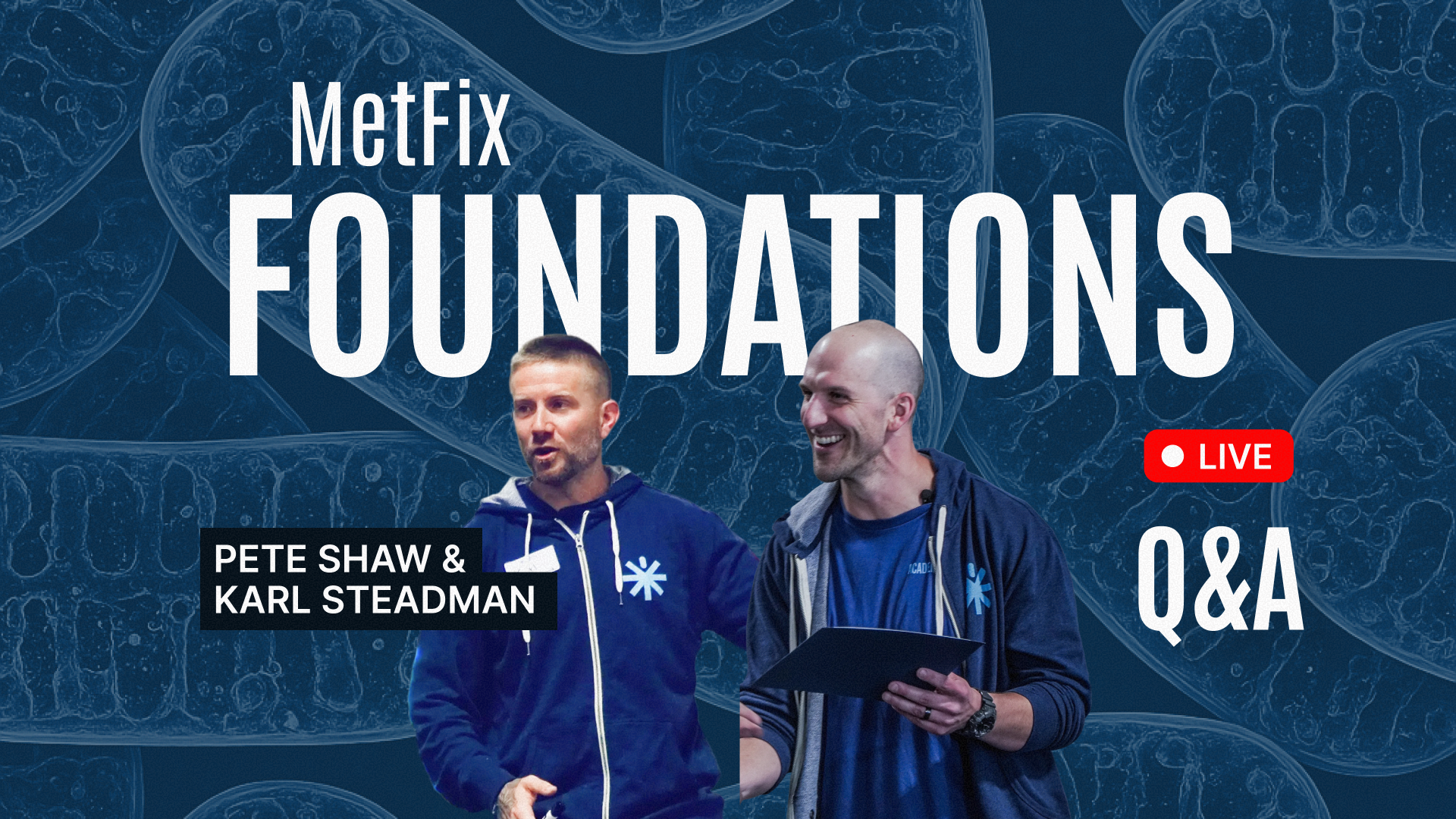This book by David Stove is a defense of probability theory from the inductive skepticism of David Hume. Stove admits that any form of probable inference is necessarily fallible, meaning a probable inference with true premises can yield a false conclusion. However, he notes that probability theory concerns the logical relationships between uncertain premises, but not the contents of the premises themselves. He compares this to the Pythagorean theorem, which cannot by itself predict the length of any side of a right triangle. But when the length of two sides are known, it can use the relationships of a triangle's sides to make a correct calculation for the third side. As Stove said, probability theory is empty without statements of probability (the premises) and statements of probability are blind without the theory.
The fundamental thesis of probability theory is that two arguments can be of varying degrees of conclusiveness even though both are invalid (not absolutely true). However, there are critics who believe that arguments are either deductively valid (completely true) or they are false. This book attempts to refute the greatest of these critics, David Hume.
David Hume is a Scottish philosopher who many have called the greatest to have written in the English language. He was one of the key figures of the Enlightenment. His project was to construct a new philosophy of mind and theory of knowledge and discard the baggage carried over from the classical period. Hume was notoriously skeptical and, by the standards of his time, an outspoken atheist. Critics and admirers alike call him “the great infidel.” He published some of his controversial opinions anonymously, but was quickly unmasked.
David Stove's primary interest in Hume's work was his skepticism of induction. Science is an inductive process, as formulated by Francis Bacon during the Enlightenment. It begins with careful observation of a phenomena and results in a generalized conclusion. In spite of the huge success of science, Hume did not believe inductive inferences were reasonable. He reasoned that unless there was a “cement of the universe” that made the future conform to the past, then it is completely unjustified to make inferences from the observed to the unobserved. To Hume, a belief that “all fires are hot” is no more justified after a thousand observations than after one.
Hume's skepticism of induction was not taken very seriously in his own lifetime. People of the time were so in awe of Newtonian physics, which could make accurate predictions, that Hume's skepticism seemed overblown. But in the 20th century, Einstein's theory of relativity shook the very foundations of science by showing that Newton's ordered, mechanical theory of nature was incomplete. Hume's skepticism of induction now seemed prescient and it was incorporated into the mainstream philosophy of science of Karl Popper and his followers.
Stove took great care to fairly and accurately present Hume's argument for inductive skepticism, both in Hume's words and Stove's interpretation. The argument is divided into two parts:
First, he outlines his skepticism of a priori inference (without observation or experience). Any conclusion of an a priori inference is necessarily fallible, meaning that even if its premises are true, its conclusion is possibly false. Because of this possibility, all a priori inferences are unreasonable.
The second part of Hume's argument concerns inductive inferences. All inductive inferences are necessarily fallible, a point Stove agrees with. In order to make inductive arguments valid, it is necessary to add a Resemblance Thesis, which guarantees that the future resembles the past. However, any Resemblance Thesis is contingent, meaning it's not necessarily true, because an observation could disprove it. Any argument for a Resemblance Thesis would therefore be inductive. Thus, we have a circular argument. You can't justify inductive inferences without a Resemblance Thesis, which itself requires induction to be justified. Therefore, all inductive inferences are unreasonable.
Stove pointed out a relationship between stages one and two of Hume's argument. Both assume that all invalid (not necessarily true) inferences are unreasonable. He calls this Deductivism. The Deductivist belief is that only perfectly valid deductive inferences are reasonable. Deductivism drastically narrows the scope of human reasoning. It eliminates learning from observation or experience and all probabilistic reasoning. This has major ramifications for science, which relies on observation and probabilities for nearly everything.
A second, less obvious ramification of Hume's skepticism of induction concerns the parallel conclusions of stages one and two. If you set stage one (a priori inferences are unjustified) equal to stage two (inductive inferences are unjustified), then an important conclusion jumps out. Any inference made from any amount of experience is equally as unjustified as it was a priori (without any experience).
Stove accepts the fallibility of induction, but does not believe it makes inductive inferences unreasonable. Stove was a vigorous opponent of deductivism, though, believing that it can only lead to irrationalism. He disproved the skeptical thesis of induction by showing that the evidence for a hypothesis actually matters. According to the skeptical thesis, the probability of the hypothesis: “all Australian ravens are black,” is equally likely a priori or given the evidence: “all observed Australian ravens have been black.” By this, it could be said that the evidence is irrelevant to the conclusion. By probability theory, the same must be true of the contradiction of the evidence: “not all observed Australian ravens have been black.” However, this evidence nullifies the hypothesis, so it is obviously not irrelevant. However, the skeptical thesis sets the probability of the hypothesis equal under the a priori condition and after observation. The skeptical thesis is disproven because the probability of the hypothesis a priori cannot be zero.
The above argument is highly technical, but supports the common-sense conclusion that experience and observations are relevant to the conclusiveness of inductive inferences. Importantly, Stove demonstrated several times that two arguments can be of different degrees of uncertainty. Detectives, judges, and ordinary people are called upon to make judgements based on probability all throughout their everyday lives. This includes judgments of irrelevance, like in the example of ravens above, about whether new evidence affects their belief about a hypothesis.
Stove's argument against Hume is principally an argument against deductivism. Aspects of Hume's argument, such as the fallibility of inductive inferences and the impossibility of a Resemblance Thesis, can be accepted without becoming a skeptic of induction. Under Hume's skepticism, all inferences from the observed to the unobserved are equally unjustified. Stove's disproof of Hume's skeptical thesis does not endorse any inductive inference in particular (like the blackness of ravens), but asserts that inductive arguments in general can be of varying degrees of conclusiveness. This argument by Stove is of great importance, for as Laplace said, “the entire system of human knowledge” belongs to the province of the theory of probability.
David Stove wrote this book to defend probability theory. He wanted to show that it's a good way to make guesses about the future called predictions, even though it's not perfect. Probability theory is a tool that helps us understand how ideas are related, kind of like how math can help us understand how the size of a ball is related to its width.
Some people think ideas are either completely true or completely false. David Stove disagreed. He thought that ideas that come from observations can be partly true and partly false. He wrote this book to argue against David Hume, who was one of the first people to say that arguments can only be trusted if they're perfectly true.
David Hume was a philosopher from Scotland who lived during the Enlightenment, which is when modern science began. He wrote books about how our mind works and how we know things. He was a skeptic, meaning he did not believe anything without a good reason.
David Stove was interested in Hume's ideas about how we learn things from experience. Hume didn't believe in what is called “inductive inference,” that you can predict something you haven't seen based on what you have seen in the past. Just because something has worked a certain way many times, doesn't mean it will work that way forever. For example, he said that just because every fire you have seen has been hot, doesn't mean the next one can't be cool. People didn't take him seriously because science was so good at predicting things. But later, scientists like Einstein showed that even the best science could be wrong sometimes, so Hume's ideas became popular.
David Stove believed Hume was right about some things, like how our predictions are never guaranteed to be true. But he disagreed with Hume, because even without a guarantee, some predictions are better than others. Predictions can be made better by gaining more experience or gathering more evidence.
He also wrote about something called “deductivism.” This says that people should only believe things that are guaranteed to be true. But this way of thinking is too narrow for real life. It doesn't let us learn from our experiences or improve our predictions. This is important because scientists use observations to make accurate predictions.
Stove proved his point by showing that some predictions about the future can be more likely than others, even though neither is perfect. He also showed that more evidence can make a prediction better, even though Hume said all predictions of the future are unreasonable.
People make inductive inferences all the time. When police want to catch a bad guy, they try to find as much evidence as they can. The judge and jury make their judgment based on how good the evidence is even though they can never know for sure if they are right. Stove's defense of probability theory is important because people use it every day without even knowing it and scientists depend on it for their work.
David Stove's book defends the idea of probability against the skepticism of philosopher David Hume. Stove agrees that probable inference, which is to make predictions in spite of uncertainty, isn't perfect. Even if the starting facts are true, the conclusion of a probable inference can be wrong. Stove says that probability theory determines how facts about probability relate to each other, not about the facts themselves. He compares it to a mathematical theorem that calculates the lengths of the sides of a triangle. It's not the specific lengths you put into the formula that are important, but the principles that make it work.
The main idea of probability is that two arguments can have different levels of certainty, even if neither is completely true. But some people think an argument is either completely true or completely false. Stove's book tries to argue against this idea, which was argued by David Hume.
David Hume was a famous Scottish philosopher who many consider one of the greatest. He was a key figure in the Enlightenment and aimed to create a new understanding of the mind and knowledge. He was known for his skepticism and atheism, which led people to call him “the great infidel.” He sometimes published his controversial ideas anonymously, but people quickly figured out it was him.
David Stove was really interested in Hume's skepticism about induction. Induction is a process used in science where you start by observing something carefully, perhaps many times, and then make a general conclusion. Even though science has been very successful, Hume didn't think induction was reasonable. He thought that unless there was a force or something that guarantees the future will behave like the past, then it is unreasonable to make predictions based on observations. For example, he didn't think it was reasonable to expect all fires to be hot just because you've seen ten (or even a thousand) fires and all were hot.
People didn't take Hume's doubts about induction very seriously when he was alive. Newton's laws of physics could predict things so accurately that people believed they were true with absolute certainty. Science was so successful that they thought Hume was being overly skeptical. But nearly 200 years later, Einstein's theory of relativity showed that the way scientists thought about nature wasn't complete. This made people think Hume had been right to doubt induction, and his ideas became part of mainstream philosophy of science through the work of Karl Popper and others.
Stove carefully explained Hume's argument against induction. The argument has two parts:
First, he was skeptical of a priori inferences, which are conclusions drawn before any observation or experience. He believed that these inferences could be wrong even if the facts they're based on are right. Because of this, he thought all a priori inferences were unreasonable.
Second, Hume made a similar case about inductive inferences, which are conclusions drawn from observations. Stove agreed that these inferences can be wrong. To make inductive arguments valid, you'd need to assume that the future will be like the past. But this assumption would be an inductive inference and could be disproven by observation. So, you end up with a circular argument: you can't justify using induction without assuming that the future will resemble the past, but you can't justify that assumption without using induction. Therefore, Hume concluded that all inductive inferences are unreasonable.
Stove noticed a connection between the two parts of Hume's argument: both assume that any inference that isn't necessarily true is unreasonable. He called this belief “deductivism”. Deductivists believe that only completely valid deductive inferences (logically true conclusions) are reasonable. This belief eliminates learning from observation and experience, and also from reasoning with probability theory. This has big implications for science, which relies heavily on these types of reasoning.
Another less obvious result comes from comparing the first and second parts of Hume's argument. If a priori inferences (conclusions made without observation or experience) are equally as unjustified as inductive inferences (conclusions made after observations), then you reach an interesting conclusion. Any belief formed from any amount of experience is just as unjustified as it was before you had any experience.
Stove agrees that inductive inferences can be wrong, but he doesn't think that makes inductive inferences unreasonable. He strongly disagreed with deductivism, the belief that only completely valid deductive inferences are justified, because he thought it led to irrational thinking. He argued against the skeptical view of induction by showing that evidence actually matters when you're testing a hypothesis. For example, if you're testing the hypothesis that all Australian ravens are black, the skeptical view would say that it's just as likely to be true before you've seen any ravens as it is after you've seen many black ravens. This would mean that the evidence doesn't matter. But if you see a raven that isn't black, that disproves the hypothesis, so the evidence must matter. The skeptical view is wrong because it says the probability of the hypothesis is the same before and after you see any evidence, even though seeing a non-black raven would make the probability of the hypothesis zero.
Stove's argument, while complex, supports the common-sense idea that our experiences and observations are important when we make inferences from the observed to the unobserved. This is important because we often have to make judgments based on probability in our everyday lives. For example, detectives, judges, and ordinary people often need to decide whether new evidence changes what they think about a hypothesis.
Stove's main argument against Hume is actually an argument against deductivism, the belief that only completely valid deductive inferences are reasonable. He agrees with some parts of Hume's argument, like the idea that inductive inferences can be wrong and that there's no guarantee that the future will resemble the past. But he doesn't agree with Hume's skepticism about induction, which says that all inductive inferences are equally unjustified. Stove doesn't argue in favor of any specific inductive inference, like the idea that all ravens are black. Instead, he argues that inductive arguments in general can have different degrees of certainty. This is a really important idea because, as Laplace said, “the entire system of human knowledge” depends on the theory of probability.
Week 4-6: Introduction to Probability
- Understanding the concept of Probability
- Why is Probability crucial
- Fun ways to practically understand and implement Probability
Week 7-8: Exploring David Humes Concepts
- Who is David Hume
- Understanding Humes Philosophies
- Debate: Inductive Vs Deductive reasoning
Week 9: Inductive Scepticism
- A study on Hume's 'A Treatise of Human Nature'
- The problem of Induction
- Understanding Humes Inductive Scepticism
Week 10: Application of Probability & Inductive Scepticism
- Applying teachings from Hume's philosophies in daily life and decision making
- The role of probability in everyday life.
- Real world examples of inductive scepticism
Week 11: Reflection and Evaluation
- Review of learnt concepts
- Practical application in daily life
- Essay/Project: Analysis of the book 'Probability and Humes inductive scepticism' by David Owen
Week 12: Feedback and Course Completion
- Feedback on the entire course
- Assessment of understanding
- Handing out course completion certificates
The curriculum may be adjusted as per the learning pace and interest areas of the child. Also, ensure interactive teaching methodologies and practical examples for better understanding.
Let's start with the truth!
Support the Broken Science Initiative.
Subscribe today →
recent posts
Q&A session with MetFix Head of Education Pete Shaw and Academy staff Karl Steadman



